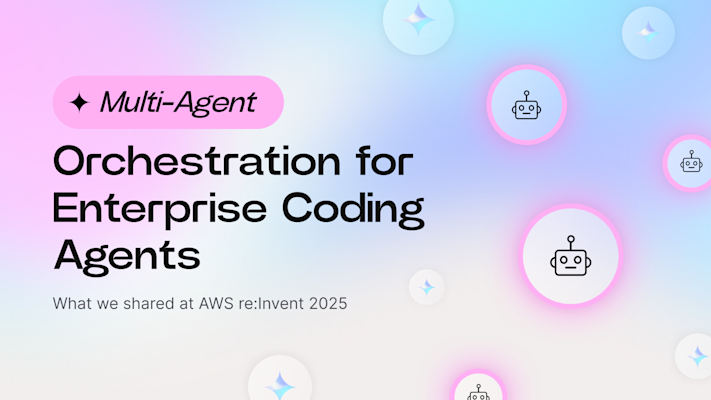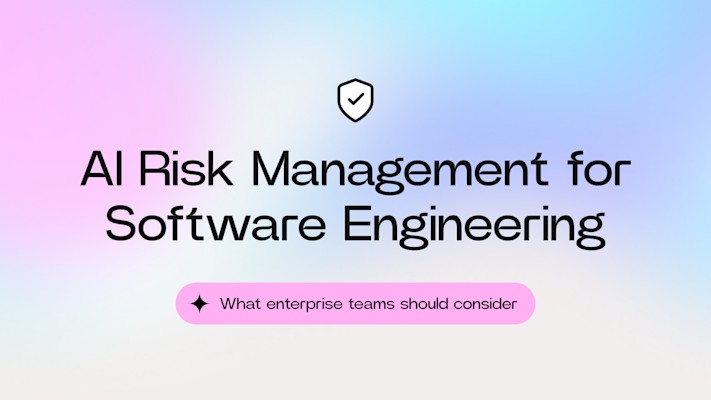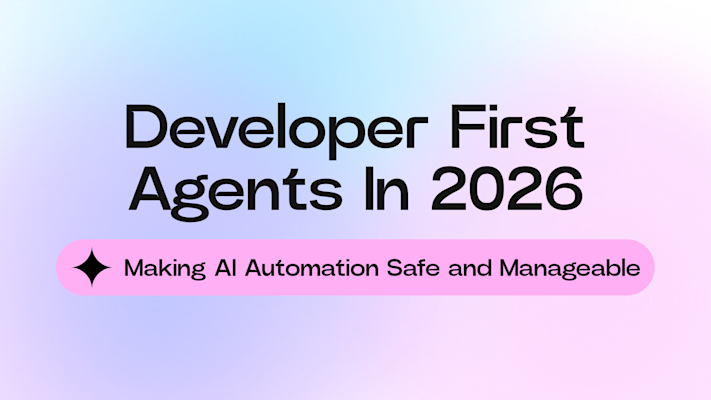Often, when AI engineers come up in conversation, there’s always someone who says:
“But it’s just autocomplete.”
It’s a comforting story. If AI is nothing more than glorified code suggestions, then it’s safe to ignore. It means your job is secure, your workflows are untouched, and the future looks just like the past, only with fancier IDE plugins.
But that story is a lie. And it’s dangerous, because it blinds teams to the actual shift happening right under their noses. The 52% of developers who agree that AI tools/agents positively affect their productivity are getting ahead, while others who remain in the dark fall behind.
From autocomplete to autonomy
Autocomplete fills in a line of code you were already writing. AI engineers take a business problem, navigate the codebase, and deliver the solution end-to-end. It’s a stark difference, and one that many still aren’t aware of.
AI coding agents are:
Reading the existing code and understanding dependencies.
Making the required changes across repos.
Writing new tests and verifying they pass.
Updating docs so the rest of the team stays in sync.
Shipping a working feature, not a half-finished snippet.
This is more than just suggestions; it’s delivering real, outcome-driven results.
Why the lie persists
It’s tempting to downplay AI engineers for three reasons:
The comfort of control – If you convince yourself it’s just autocomplete, you don’t have to rethink your workflows or org structure.
The visibility gap – From the outside, it looks like the same thing: code gets written faster. But internally, the leap is massive.
Old habits persevere – Developers are used to incremental tools: linters, autocompletes, static analysers. An AI that behaves like a colleague feels impossible until you see it.
The companies that cling to the “autocomplete” narrative will underinvest, underprepare, and ultimately underdeliver. They’ll treat AI as a nice-to-have productivity boost instead of a fundamental rewiring of how software gets built.
Meanwhile, their competitors will be quietly scaling engineering capacity by 5x, 10x, 50x. Not by hiring armies of humans, but by deploying fleets of AI teammates. Industry leaders aren’t waiting; Microsoft and Google execs say 20–30% of their code is now AI-written.
How Cosine proves the point
At Cosine, we built our agent not to suggest, but to ship. Features like Instant Sites and AutoDoc show what real AI engineering looks like: the agent not only writes and refactors code, but can also deploy live static sites and continuously update documentation across repos.
That’s the difference between a tool and a teammate. A tool helps you type faster. A teammate keeps your whole team in sync.
Believing AI engineers are just autocomplete isn’t harmless; it’s a strategic mistake.
If you buy the lie, you’ll miss the moment. If you see the truth, you’ll be among the first to experience the new normal where onboarding is instant, scaling is easy, and engineering velocity is no longer capped by headcount.
The future doesn’t belong to companies with the biggest teams. It belongs to companies with the smartest and most capable teammates.


 @RobGibson20
@RobGibson20 

